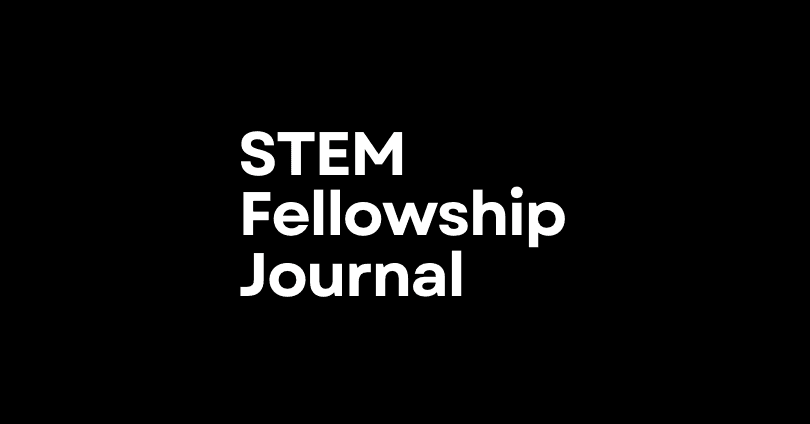Field
STEM
Publishing in the National High School Journal of Science (NHSJS) is an excellent opportunity for high school students to share original scientific work through a free, peer-reviewed, online platform.
As NHSJS focuses on high-quality research across STEM and related fields and has clear expectations for scientific rigour, it can feel a little overwhelming at first. This guide breaks the process down simply, helping you understand what NHSJS looks for and how to prepare a competitive submission.
What Kind of Work Can You Submit?
NHSJS accepts original research papers, reports, and short articles. Original research manuscripts present novel findings with standard sections such as Abstract, Introduction, Methods, Results, and Discussion. Reports or short articles can cover new developments, literature reviews, technical comments, media reviews, or letters. Across all submissions, NHSJS emphasises clarity, logical structure, reproducibility, and strong scientific reasoning. Students may submit work in natural sciences, physical sciences, engineering, or social sciences.
Eligibility
The primary author must be a high school student (grades 9–12). Manuscripts must be original, unpublished, and not under consideration elsewhere. Students may work with mentors or teachers for guidance, but the student must remain the primary author.
Publication Fee
NHSJS is free to submit and publish. No submission or publication fees are required.
Submission Process
Students submit manuscripts through the NHSJS online portal here. Rolling submissions are accepted, allowing students to submit when ready.
Review Timeline
NHSJS follows a structured review process:
Initial Editorial Screening (1–2 weeks): Checks eligibility, completeness, and guideline adherence.
Peer Review: Expert reviewers, including graduate students, postdocs, and professional scientists, assess the manuscript’s quality and originality.
Scientist Advisory Board Review: Provides additional evaluation and oversight.
Revisions: Authors revise manuscripts based on reviewer feedback.
Final Decision & Copy-Editing: Accepted papers are prepared for publication. Median time to decision is about 8 weeks; most decisions are made within 14 weeks.
An expedited review option is available for a fee (~$260) for faster initial review; revision timelines remain standard.
RISE Tips for Getting Accepted
Based on top submissions reviewed by RISE, competitive NHSJS papers generally:
State a clear and focused research question early in the manuscript.
Include strong visuals (charts, graphs) that clarify and support findings.
Discuss alternative interpretations and acknowledge the limitations of the research.
Explain the broader significance of the work beyond the laboratory context.
Maintain concise, formal, and academic writing, avoiding unnecessary jargon.
Ensure logical alignment between research question, results, and discussion.
Engage thoroughly with relevant literature to situate the work within the broader field.
Demonstrate careful data handling, methodological transparency, and reproducibility.
Sample Papers
Sample submissions and past publications are available on the NHSJS website here.
RISE Research Program
If you’re a high school student aiming for competitive journals, RISE Research gives you the chance to work one-on-one with mentors from leading universities worldwide. With individualised guidance and support in building independent research projects, students often produce high-quality work suitable for top publications, while also developing a strong academic profile. The program is flexible, accessible globally, and open for applications throughout the year. To explore eligibility, pricing, and how to begin, visit the RISE Research website and take the next step in your academic journey!
Check out more guides




